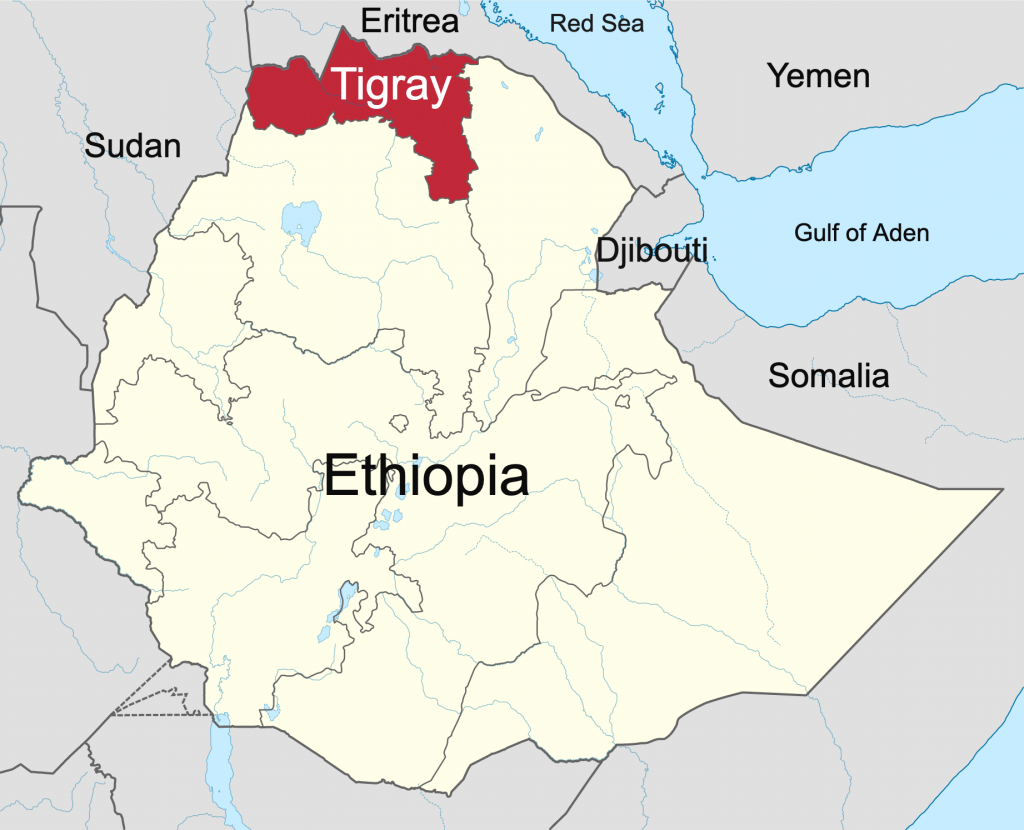
Ethiopia’s government and the TPLF have agreed to facilitate immediate humanitarian access to “all in need” in war-ravaged Tigray and neighbouring regions.
The agreement comes after talks in Nairobi, Kenya this week after the signed peace agreement between the two warring sides brought an end to the two year conflict in Northern Ethiopia.
“The parties have agreed to facilitate unhindered humanitarian access to all in need of assistance in Tigray and neighbouring regions,” according to a joint statement read out at a Nairobi press conference on Saturday.
The agreement was signed by field marshal Berhanu Jula, Ethiopian armed forces’ chief of staff, and Gen Tadesse Worede, commander-in-chief of the Tigray rebel forces.
The two sides had also agreed to establish a joint committee to implement an agreement to disarm fighters with the Tigray People’s Liberation Front (TPLF), the statement said.
After little more than a week of negotiations in the South African capital of Pretoria, the government of the prime minister, Abiy Ahmed, and the TPLF on 2 November signed a peace deal that has been hailed by the international community as a crucial first step in ending the bloodshed.
The northernmost region of Ethiopia is in the grip of a severe humanitarian crisis due to the lack of food and medicine, coupled with limited access to basic services, including electricity, banking and communications.
The restoration of aid to Tigray and its 6 million people was one of the key planks of the accord.
The conflict between the TPLF and pro-Abiy forces, which include regional militias and the Eritrean army, has caused an untold number of deaths, forced more than 2 million people from their homes and driven hundreds of thousands to the brink of famine in Tigray.
Estimates of casualties vary widely, with the United States saying that as many as half a million people have died, while the EU’s foreign envoy, Josep Borrell, said more than 100,000 people may have been killed.
UN-backed investigators have accused all sides of committing abuses but also charged that Addis Ababa had been using starvation as a weapon of war – claims denied by the Ethiopian authorities.
On Wednesday, the World Health Organization called for a massive influx of food and medicines into Tigray after the ceasefire deal, saying aid had not yet been allowed in.
“Many people are dying from treatable diseases. Many people are dying from starvation,” the WHO chief, Tedros Adhanom Ghebreyesus, who hails from Tigray, told a press conference
Read more at the Guardian
